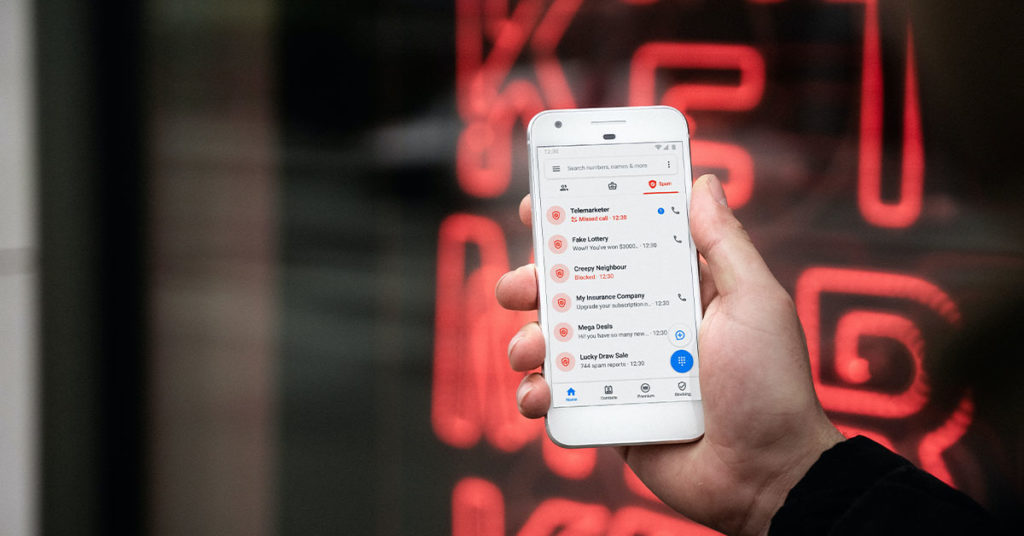
The COVID-19 pandemic has upended businesses, schools, and families all across the country and around the world. It has also generated a lot of misinformation and presented opportunities for scammers to prey upon individuals who feel overwhelmed. These might be the most insidious scams out there because they are striking when folks are at their most vulnerable. Here’s are some COVID-19 scams making the rounds in emails and chat rooms that you should avoid at all costs:
Blood and Saliva from COVID Survivors
An ordinary flu vaccine involves injecting some level of those viral antibodies. That is probably where this scam originated. There are corners on the dark web offering “blood and or saliva” from a “coronavirus survivor.” This is 100% hoax. First, there is no telling what that sample might be tainted with. Secondly, if this were a “cure,” then you can expect it to be mass produced and made available.
Expedited Stimulus Checks
The IRS has sent out stimulus checks to every qualified American citizen. Those checks might be slow coming and the only way to check on their status is through the official IRS website. That means any offer to “get your check faster” or “increase the amount” is bogus. These kinds of offers might come as a form of email or phone call. What the scammers are looking for is your personal information. Since it is the “IRS” it stands to reason you’ll need a Social Security number. Don’t ever hand that number over to a strange entity.
Tech Support Scam
As you spend more time sheltering-in-place, you might be spending more time on the computer. That could have you stumbling across a “warning” that your computer is experiencing technical problems. Often, this screen will flash up and freeze your computer. There is usually a number to call. Don’t dial. Instead, power down your computer and start it up again. And avoid that particular website. Official tech support would never reach out to a customer telling them they need help. It is the other way around.
Phony Small Business Loans
Along with the personal stimulus checks that are going out, there are also a lot of funds being made available to small businesses. This has triggered a cottage industry in phone Small Business Association websites and called that are targeting business owners. The give away is a request for a “down payment” to help secure a government loan. You should never pay money to get money.
Donation Scams
A lot of folks are hurting at this time and wanting to help out is very noble but you have to be cautious with your charitable giving. Many fake charities have popped up under the guise of offering support to those in need. There are also hundreds of new crowdsourcing donation accounts springing up. Some of these might be legitimate but unless you know the person, you have no idea if they’re real or not. If you want to help, then do a search online for organizations like food banks in your community. Call them directly to make sure they’re legit.







